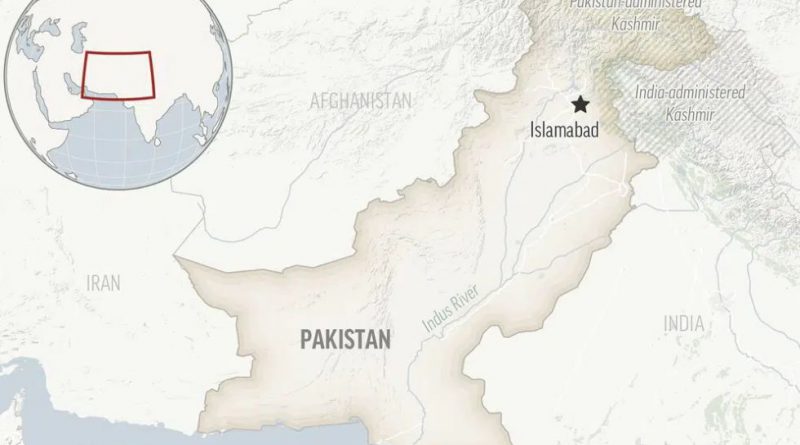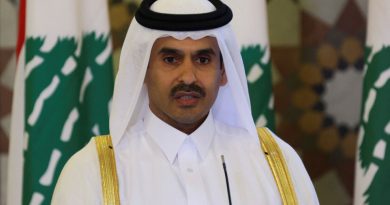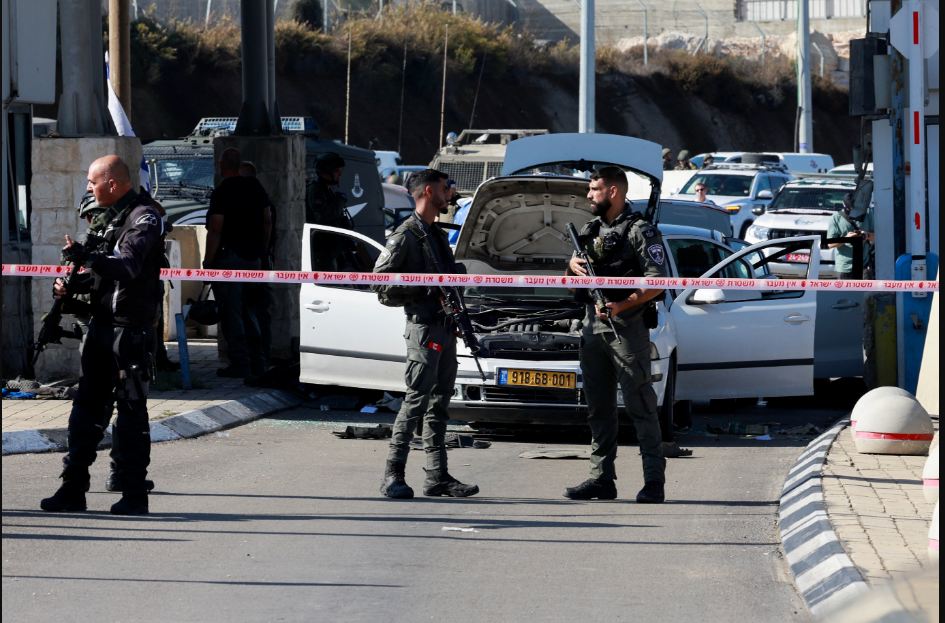Pakistan army says it lost 12 soldiers in militant attacks
Quetta (Reuters) – Pakistan’s army said on Wednesday it lost 12 soldiers in suspected militant attacks, including an assault on one of its bases.
Nine soldiers were killed at the base which the Islamist militants stormed into armed with guns, hand grenades and rockets, the army and security officials said.
In a separate incident, the army said three more soldiers died in an exchange of fire with heavily armed “terrorists” in Sui district in the province. Two enemy combatants also died in that exchange.
The army said all five militants who stormed the base in early hours were killed in retaliatory fire. Late at night, the army announced completion of an operation to clear the area district Zhob of southern Balochistan province.
Three security officials told Reuters that the militants first hurled grenades into a military mess at the base and then waged a gunbattle lasting several hours.
“Initial attempts by the terrorists to sneak into the facility was checked by soldiers on duty,” the army statement said, and “in the ensuing heavy exchange of fire, the terrorists were contained into a small area at the boundary” of the base.
A newly founded jihadist group called Tehreek-e-Jihad Pakistan (TJP) claimed responsibility for the assault, saying in a statement it would release pictures and videos of its fighters who took part.
Balochistan, a mineral-rich region that borders Afghanistan and Iran, has been troubled by a decades-old ethnic Baloch insurgency.
Islamist militants, who aim to overthrow the Pakistani government and install their own brand of strict Islamic law in the predominantly Muslim country of 220 million people, have also been active in Balochistan.
They have stepped up attacks since revoking a ceasefire agreement with the government in late 2022, including the bombing of a mosque in the northwestern city of Peshawar that killed more than 100 people in January.
The Pakistani government says militants have shifted operational bases to Afghanistan. Kabul’s Islamist Taliban government denies this


